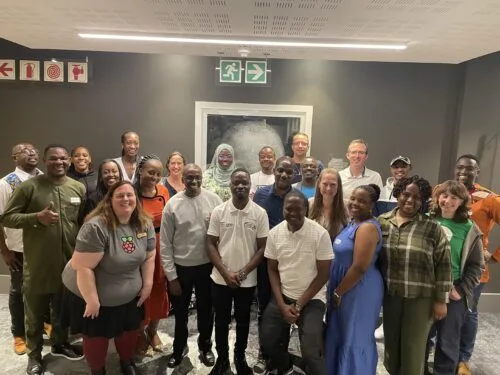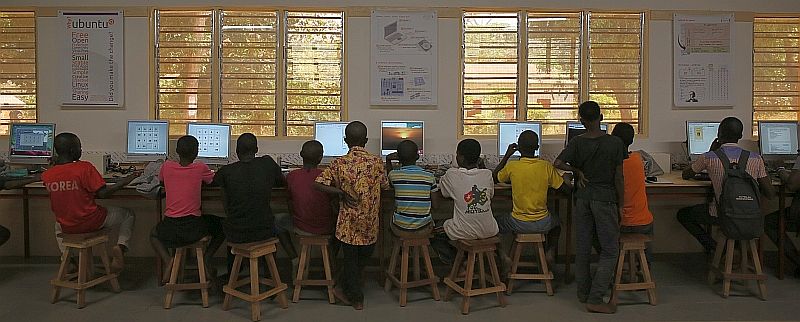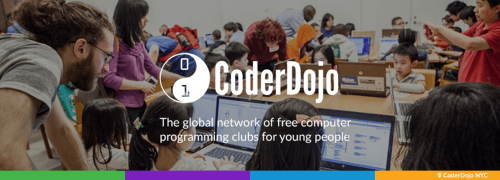Schlagwort: africa
-

Creating connections at our 2023 Africa partner meetup
Reading Time: 3 minutesWe partner with organisations around the world to bring coding activities to young people in their regions through Code Club and CoderDojo. Currently involving 54 organisations in 43 countries, this Global Clubs Partner network shares our passion for educating kids to create with technology. We work to connect our Global Clubs Partners…
-

Raspberry Pi reaches more schools in rural Togo
Reading Time: 3 minutesWe’ve been following the work of Dominique Laloux since he first got in touch with us in May 2013 ahead of leaving to spend a year in Togo. 75% of teachers in the region where he would be working had never used a computer before 2012, so he saw an opportunity to…
-

CoderDojo: 2000 Dojos ever
Reading Time: 3 minutesEvery day of the week, we verify new Dojos all around the world, and each Dojo is championed by passionate volunteers. Last week, a huge milestone for the CoderDojo community went by relatively unnoticed: in the history of the movement, more than 2000 Dojos have now been verified! 2000 Dojos This is…
-

Step Inside ‘Truth,’ a Steampunk Coffee Shop in Cape Town, South Africa
Reading Time: 2 minutesFeatures on interior design here on Colossal are few and far between, there are times when a space is so wholly original it’s just too hard to pass up. Case in point: Truth Coffee Shop in Cape Town, South Africa. This radically designed steampunk-themed coffee shop was created by Heldane Martin who considered the form factor…



